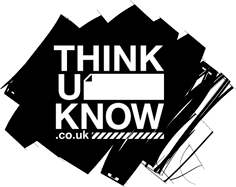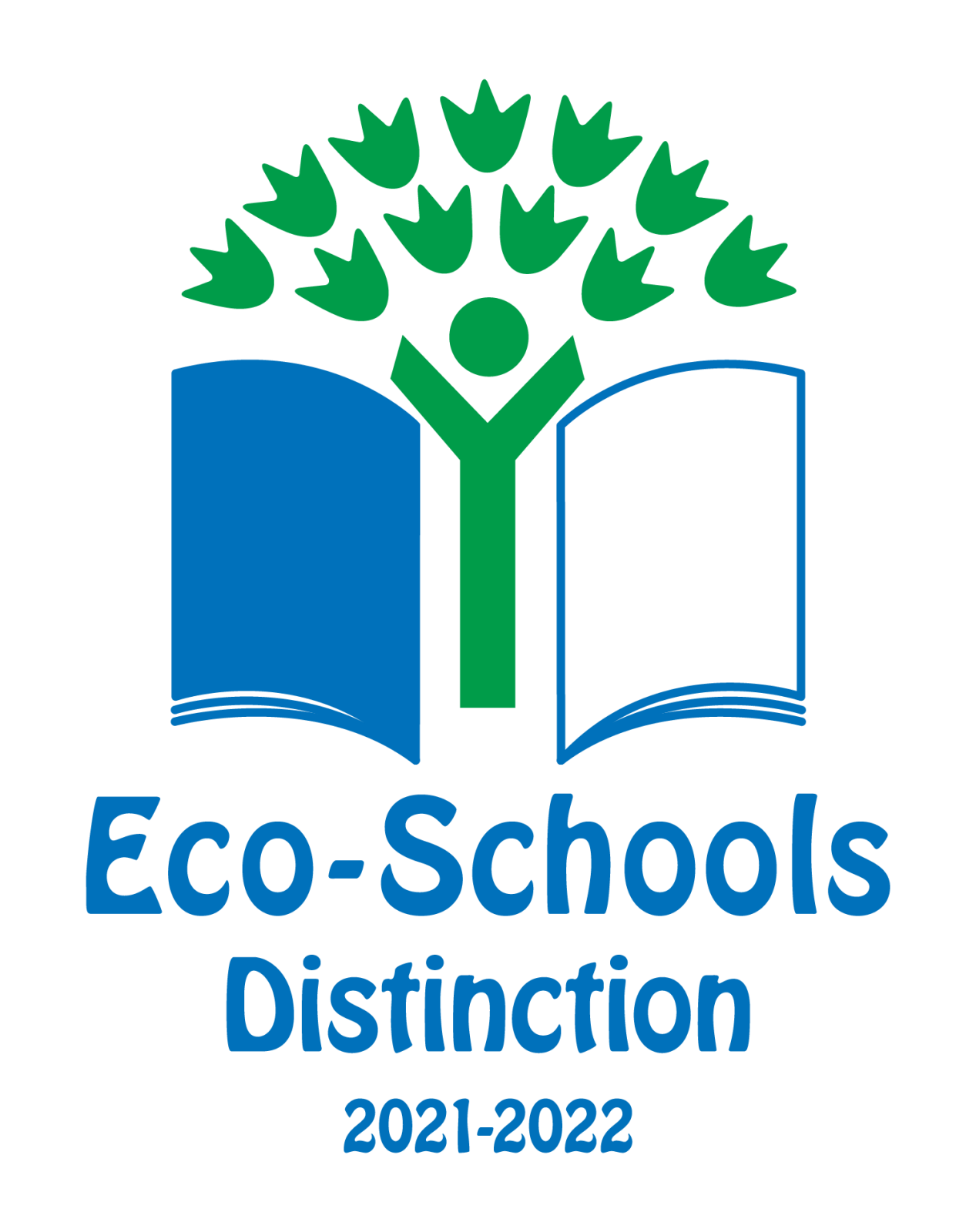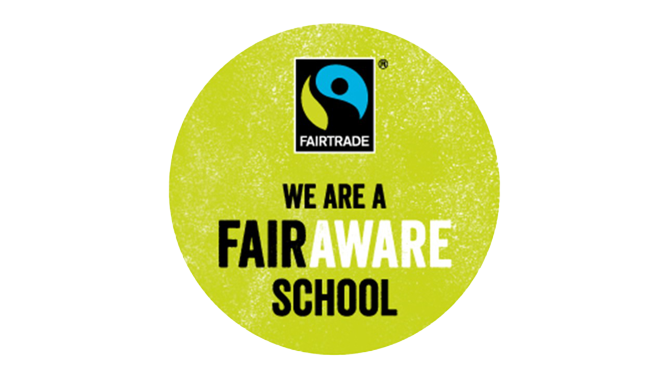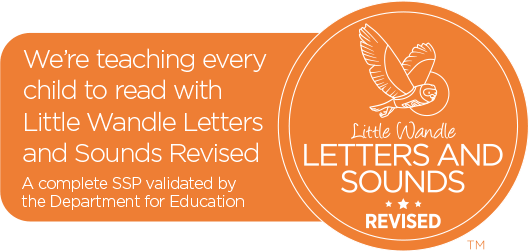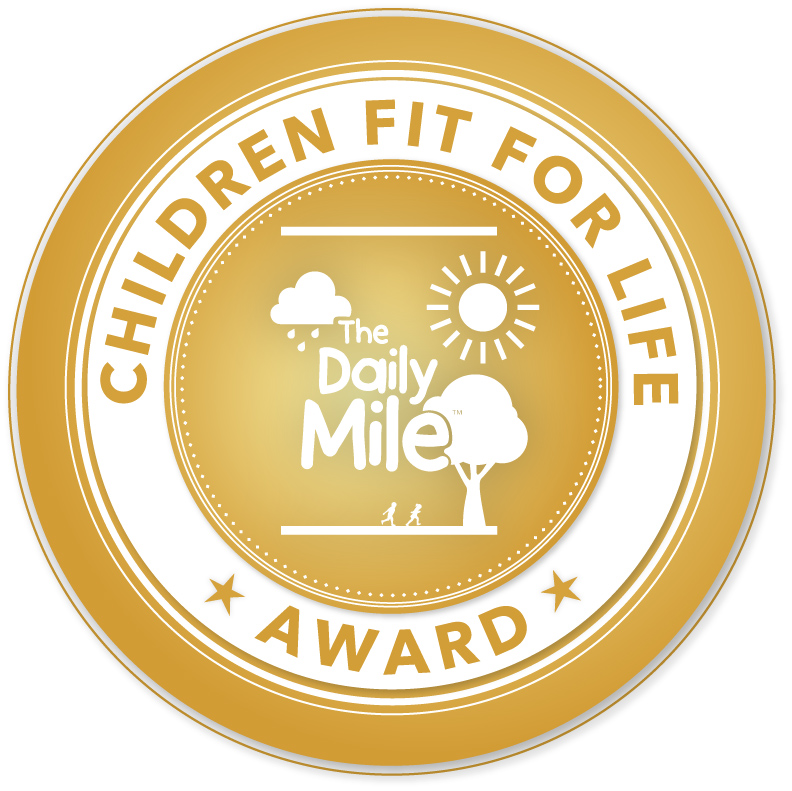Computing
Intent
It is our aim to provide all children with:
- the knowledge, understanding and skills so they can fulfil the requirements of the Foundation stage and National Curriculum,
- equal access to computing facilities,
- opportunities to analyse problems in computational terms and have repeated practical experience of writing computer programs in order to solve problems,
- the ability to use, evaluate and apply IT, including new or unfamiliar technologies, analytically to solve problems,
- the skills and knowledge to be responsible, competent, confident, creative and safe users of technology by being digitally literate,
- a broad understanding of computer science – computational thinking.
- the use of computing to make our children more literate and numerate, increasing their curiosity across all subjects when using technology,
- an understanding of how to use kindness, honesty and respect for each other and their community when using technology
Implementation
The implementation of the Computing curriculum allows development of cross-curricular opportunities where children are able to utilise digital literacy skills, computational thinking and demonstrate online safety behaviours. Classes in Key Stage Two will have access to digital devices to ensure that lessons requiring dedicated subject input can be given. Key Stage One and Foundation will have a constant flow of digital equipment and where there is a specific need for a more bespoke piece of equipment such as Chromebooks then a request can be made for these.
Implementing the curriculum in this way will ensure that children develop greater depth skills and become confident users rather than seeing a lesson in isolation but discover real world application of their learning. Teachers will use the schemes developed by the NCCE as a starting point for their planning. These lessons fulfil the requirements of the National Curriculum areas clearly. Teachers can use professional judgement about the resources or applications that they use. Teachers will also decide if other resources such as Rising Stars or Barefoot would provide their classes with a better learning experience to support children in becoming more confident learners. This variety of resources will inspire the children’s imagination and curiosity as they develop their skills at using digital technology.
The implementation of this curriculum ensures a balanced coverage of computer science, information technology and digital literacy with online safety embedded at its core. There are clear links through the units to science, Maths, English, PE, Music, Art and Technology, making it easier and clearer for teachers to adapt lessons in a cross-curricular format. Children will have exposure to all four areas in each year group, with the subject knowledge imparted becoming increasingly developed with depth and complexity to stretch and deepen the learning of the skills being taught in previous years. For example, children in Key Stage One will learn what algorithms are by programming and debugging a Bee-Bot; children in Key Stage Two will design, write and debug programs with increasing complexity, explaining the thinking behind their choices.
Impact
How we will know we achieved our aims…
Children will develop the knowledge, skills, understanding, confidence and resilience to allow them to access and use a range of technology in safe and creative ways. Children will have developed skills to equip them to use computational thinking creatively to understand and live in an increasingly digital world.
Progress within the Computing curriculum will be measured through the outcome of activities matched against the curriculum expectations, teacher assessment of participation and application in lessons, and summative assessments that will allow children to show knowledge in a different context.
Much of the subject-specific knowledge developed in our Computing lessons equip pupils with experiences which will benefit them in secondary school, who also have a progressive curriculum developed by the NCCE. With the growing use of online resources such as Google apps the developed curriculum will provide children with the ability to explore and develop skills to be more adaptive to technological developments.
Policies
- Computing Curriculum Cradle Hill
- Computing Whole School Curriculum Overview 2022
- ICT E Safety Acceptable Use and Systems Security
- online safety policy



